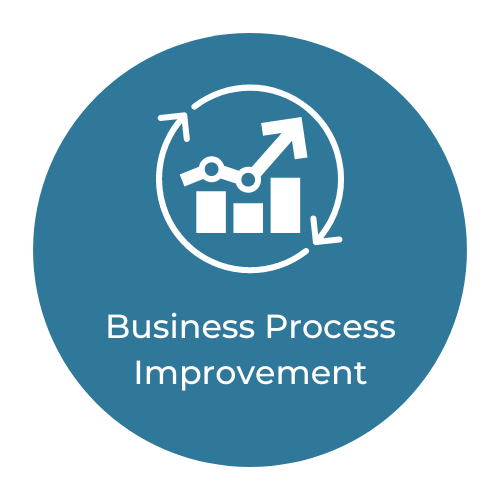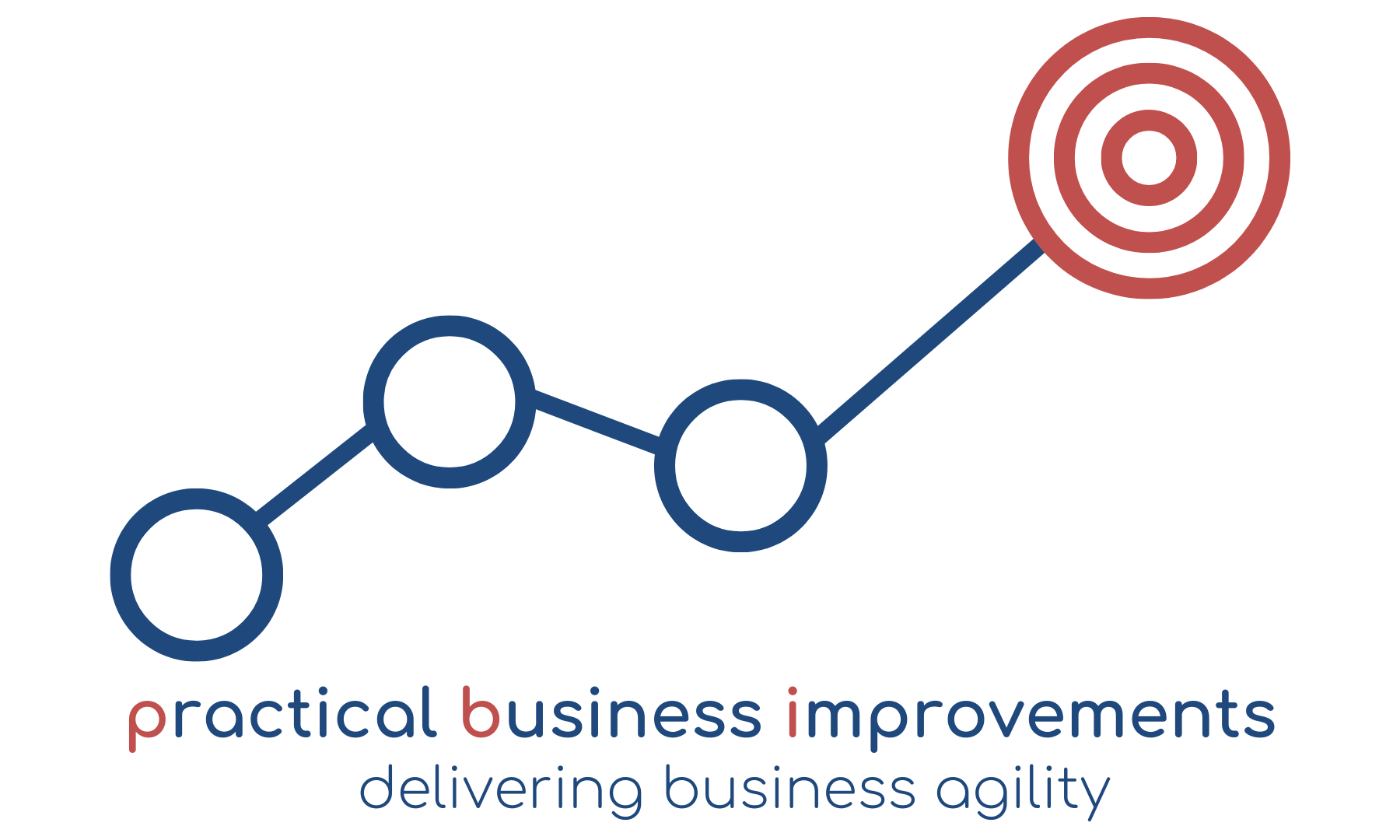Business Process Improvement - A PBI Pillar

about this project
Improving business processes is often where organisations see the fastest returns. Unlike cultural change, which takes time to embed, process improvement can deliver measurable impact quickly by focusing on inefficiencies, waste, and variability in day-to-day operations.
At PBI, our role is not to prescribe solutions, but to facilitate structured improvement activity that empowers employees to take the lead. We bring the frameworks, tools, and coaching techniques that unlock insights from the people closest to the work, turning their expertise into practical, sustainable change. This approach ensures improvements stick and continue to deliver value long after the engagement.
Key Project Summary "At a glance"
Project Scope
- Improve efficiency, quality, and cost performance across supply chain and manufacturing processes
- Support internal teams to identify and implement improvements with measurable business outcomes
- Build sustainable operating rhythms so improvements continue beyond initial delivery
Improvement Strategy
- Facilitate cross-functional Kaizen events and workshops, ensuring employees lead the problem-solving
- Apply Lean and Agile tools such as Project Charters, Value Stream Mapping, DMAIC, and Root Cause Analysis
- Embed new ways of working through Campaign Rooms, Daily Huddles, and tiered visual management
- Coach leaders and teams to take ownership of improvements and maintain accountability
Benefits Delivered
- £2.47M savings at BP through material reintegration and Purchase to Pay redesign
- 22 actionable improvement opportunities identified and implemented in 8 months
- £877,000+ in annual yield improvements at Walkers by reducing giveaway on top product codes
- 72% reduction in rework and 3.5M biscuits saved annually on FMCG manufacturing line
- £137,000 annual cost avoidance from pallet movement reduction in logistics
Extended Story
At BP, inefficiencies in Purchase to Pay were costing millions each year. By facilitating value stream mapping and root cause sessions, PBI coaches helped internal stakeholders redesign workflows and embed stronger controls. Because employees led the analysis and testing, the changes were realistic, owned by the teams, and sustainable. Within 8 months, the business realised £2.47M in savings, alongside a stronger rhythm of review and accountability.
At Walkers, product giveaway was silently reducing profitability. PBI coaches worked with operators and engineers to analyse the data, understand the root causes, and embed line-level KPIs. Because the solutions came from the people closest to the process, the result was not only £877,000+ in annual yield improvements, but also greater confidence in using data to guide future decisions.
In FMCG manufacturing, a warped oven band was causing rework downstream. Rather than replacing machinery outright, operators and engineers tested practical fixes. Facilitated by PBI, this delivered a 72% reduction in rework and saved 3.5 million biscuits annually, showing how local knowledge combined with structured facilitation creates lasting results.
And in logistics, pallet charges were spiralling due to poor flow and contract structures. PBI facilitated workshops that involved both warehouse teams and procurement. Their joint ownership of the solutions - from freeing pallet space to renegotiating contracts - meant the outcome was sustainable, avoiding £137,000 annually and improving efficiency across the supply chain.
These examples show that PBI’s strength lies in facilitation, not prescription. By providing structure and coaching, and letting employees drive the solutions, businesses achieve measurable outcomes while also building the internal confidence and capability to keep improving.

